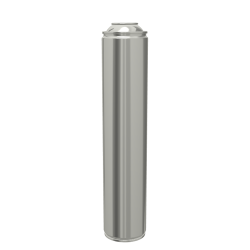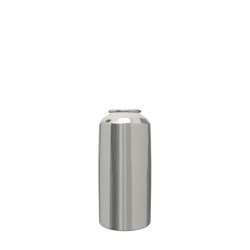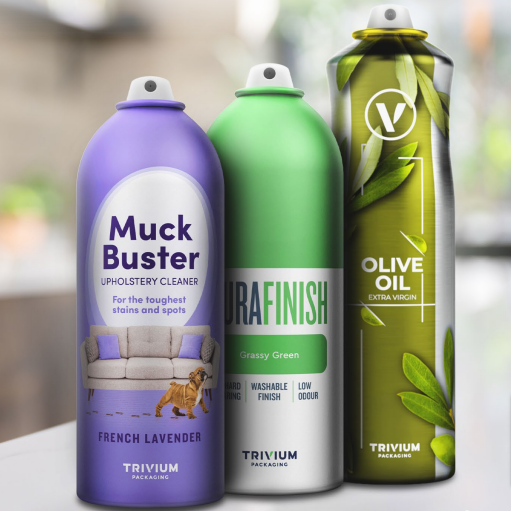

Metal packaging in Europe has consistently high recycling rates, with over 85% of steel packaging and 73% of aluminium cans being recycled. Such high recycling rates have been achieved thanks to the magnetic property of metal, which allows easy segregation during the recycling process, as well as the high demand for recycled metal to make new products.
When sorted correctly, the quality of the recycled metal is comparable to virgin material. Recycling metal packaging preserves natural resources and saves significant amounts of energy compared to producing new metal from raw materials. In the case of aluminium, for example, production from recycled materials requires only about 5% of the energy compared to producing aluminium from virgin material “raw bauxite ore”.
The European Union’s Waste Framework Directive requires member states to take measures to promote the recycling of waste, including aerosol cans. Although differences exist on a per country and even municipal level, it is fair to say that most of the countries in Europe have specific recycling programs in place to collect and recycle metal, including aerosol cans, either in a dedicated stream or commingled system. Consumers can typically recycle empty aerosol cans by placing them in their household recycling bin or by bringing them to a designated recycling center.
To give some examples, in countries such as Italy, aerosol cans are recycled with other metal packaging, while countries such as Switzerland collect aerosol cans separately for recycling. If containing hazardous chemical products, aerosols are considered hazardous waste and should be crushed before being recycled or incinerated. Even in the latter case, metal will still be recycled: steel and aluminium can be recovered directly from incineration bottom ashes, a common practice across Europe.
With increased consumer awareness, better collection systems and infrastructure, and innovative aerosol designs, the recycling rates for aerosol cans can keep improving, contributing to a more sustainable future. By embracing the benefits of aerosol recycling, brands and consumers alike can help conserve natural resources and reduce waste, while promoting circularity and sustainability.


.png)
.png)
.png)
.png)



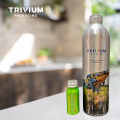

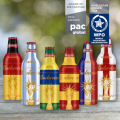

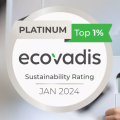
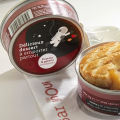
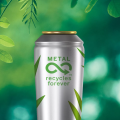
.png)

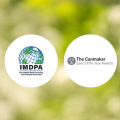
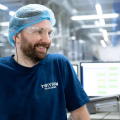
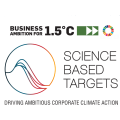
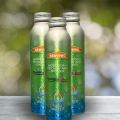
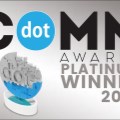
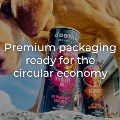
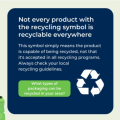
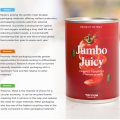
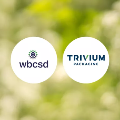
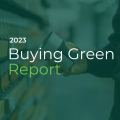
.png)
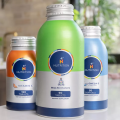
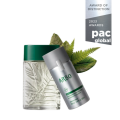
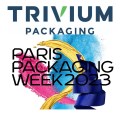
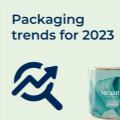
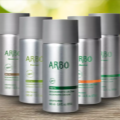
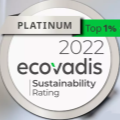

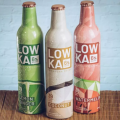
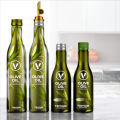
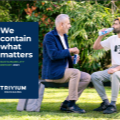




.png)


